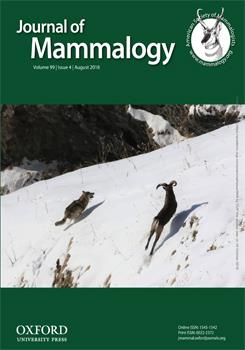Natural history collections have stimulated insights into systematics and evolution, but the extensive biodiversity sampling held in museums is increasingly employed to address other critical societal concerns, especially those related to changing environmental conditions on our planet. Due to large-scale digitization efforts in the last decade, specimen information can now be collated across natural history museums. Here, we leverage the availability of digital records of specimens in the United States that span the past ∼135 years to explore the vitality of this resource. Using mammals as an example, we document a significant decline in recent specimen acquisition at a time of extreme environmental degradation and loss of mammalian populations. To stimulate rigorous assessments of the impacts of changing conditions and future-proof this basic infrastructure for mammalogy, we recommend a renewed effort to build temporally deep, geographically extensive, and site-intensive collections of holistic specimens. Targeted fieldwork should be designed to leverage historic sampling to enable retrospective environmental analyses and derive more complete perspectives of change.
How to translate text using browser tools
17 January 2018
A perfect storm for mammalogy: declining sample availability in a period of rapid environmental degradation
Jason L. Malaney,
Joseph A. Cook
ACCESS THE FULL ARTICLE

Journal of Mammalogy
Vol. 99 • No. 4
August 2018
Vol. 99 • No. 4
August 2018
biodiversity informatics
climate change
monitor
Natural History Museum
specimen
voucher




